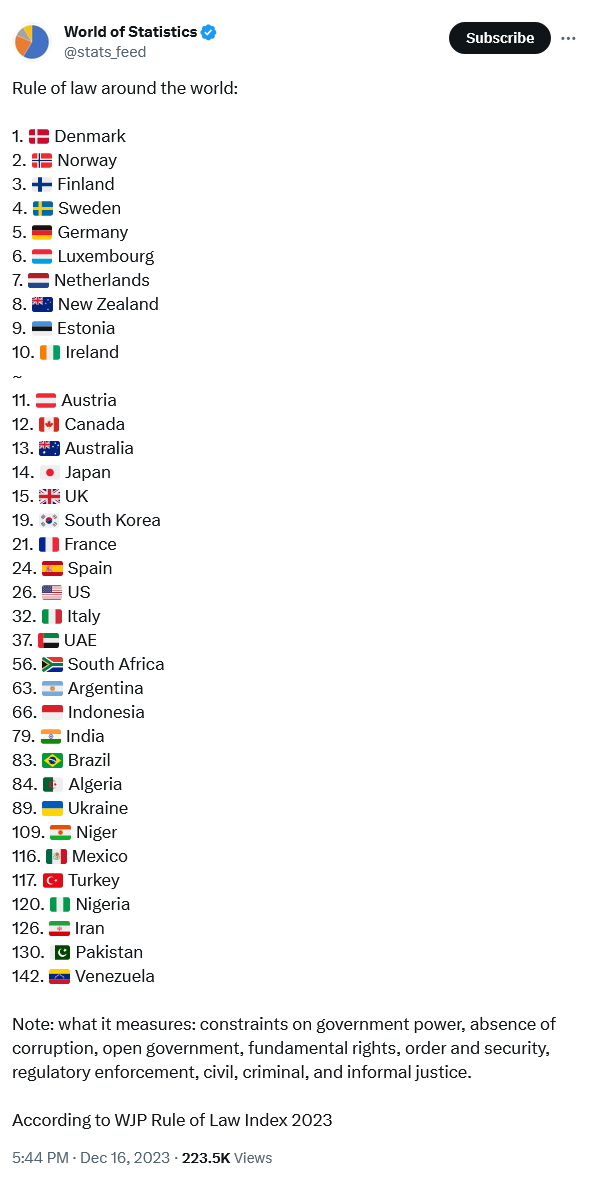Explore the complex dynamics in Israel's recent conflict with Hamas and the potential paths forward for peace and stability.
In a moment of military ascendancy, Israel finds itself at a critical juncture where challenges and opportunities intertwine, shaping its future trajectory. The recent conflict with Hamas in Gaza has highlighted not just military prowess but also vulnerabilities that demand careful consideration.
The Current Landscape
Israel's justified war of self-defence against Hamas, aimed at safeguarding its citizens, has led to significant military gains. However, the aftermath reveals a complex reality with multifaceted implications.
Humanitarian Crisis in Gaza
While Israel has effectively targeted Hamas forces, its approach to addressing the humanitarian crisis in Gaza has faced criticism. The reluctance to provide aid has exacerbated suffering, raising concerns about the long-term consequences of a neglected population.
Political Dynamics
Internally, Israel grapples with political polarization and leadership challenges. The influence of hard-right factions, coupled with issues like settler movements and judicial independence, underscores the complexities of governance amidst conflict.
Diplomatic Dilemmas
Diplomatically, Israel faces scrutiny and challenges in countering negative perceptions globally. Efforts to manage its reputation and navigate international relations post-conflict are crucial for long-term stability.
Paths Forward
Navigating these challenges requires strategic vision and concerted efforts both domestically and internationally.
Ceasefire and Hostage Release
A temporary ceasefire, coupled with a hostage release, could pave the way for meaningful dialogue and potential shifts in Israel's political landscape. This could open doors for renewed peace talks and international support.
Two-State Solution
Initiating talks on a two-state solution, underwritten by key stakeholders like the United States and Gulf allies, offers a path towards sustainable peace. Addressing core issues and engaging with moderate voices are imperative for progress.
Diplomatic Engagement
Israel must engage in robust diplomacy to counter negative narratives and rebuild trust globally. Embracing dialogue, humanitarian aid initiatives, and proactive engagement with allies can reshape perceptions and foster constructive partnerships.
Conclusion
Israel stands at a crossroads, where decisions made today will shape its trajectory for the next decades. Embracing dialogue, prioritizing humanitarian concerns, and seeking inclusive solutions are not just strategic imperatives but moral obligations in securing a peaceful future for all stakeholders.











